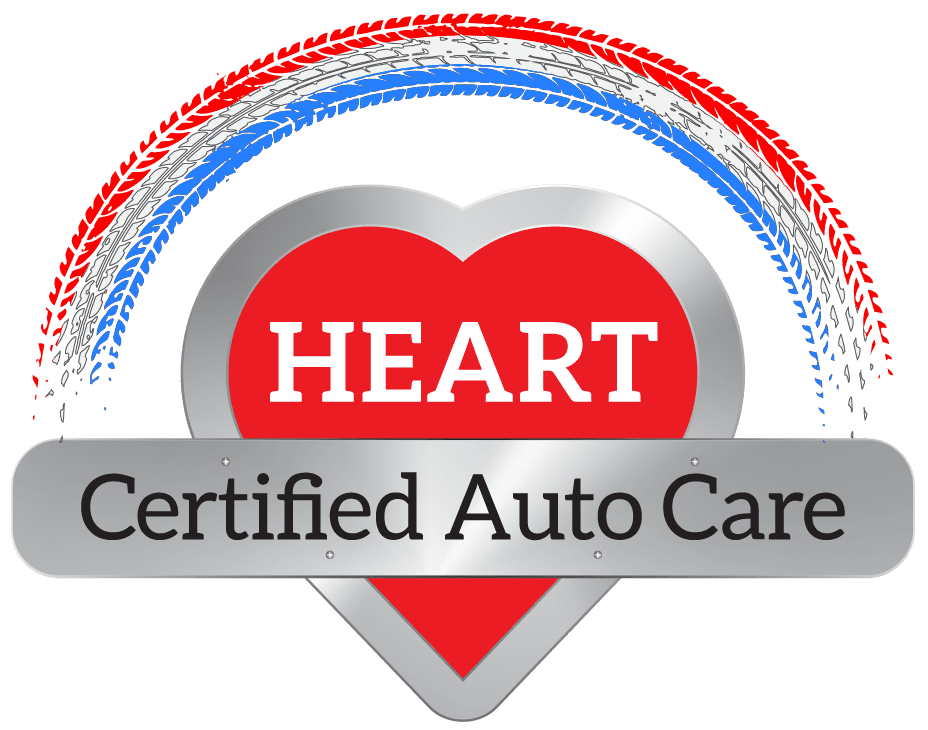Importance of a Honda Evap System Test in Northbrook


A Honda vehicle is renowned for its reliability and efficiency, but to keep it running at its best, regular maintenance is crucial. One often overlooked yet essential component of this maintenance is the Honda Evap System Test in Northbrook. This test plays a vital role in ensuring the vehicle’s performance and adherence to environmental standards.
What is an EVAP System?
- Fuel Tank: Holds gasoline and its vapors.
- Charcoal Canister: Absorbs and stores fuel vapors.
- Purge Valve: Releases stored vapors into the engine for burning.
- Vent Control Valve: Controls the release of vapors.
The Significance of the Honda Evap System Test
- Ensuring Environmental Compliance
One of the primary functions of the EVAP system is to minimize the emission of hydrocarbons, which are harmful pollutants contributing to smog and air pollution. Regular Honda Evap System Tests in Northbrook ensure that your vehicle complies with strict environmental regulations, thereby helping to maintain cleaner air quality.
- Maintaining Vehicle Efficiency
A properly functioning EVAP system is critical for optimal vehicle performance. Issues within the system can lead to decreased fuel efficiency and poor engine performance. Conducting a Honda Evap System Test in Northbrook helps identify leaks or malfunctions, ensuring your vehicle operates efficiently.
- Preventing Costly Repairs
- How the Honda Evap System Test Works
- Visual Inspection: Technicians first conduct a thorough visual inspection to spot any apparent damages or disconnections in the system components.
- Smoke Test: A smoke machine injects smoke into the EVAP system, making it easier to detect even the smallest leaks by observing where the smoke exits.
- Diagnostic Scan: Specialized diagnostic tools scan the system for error codes that highlight specific issues.
- Pressure Test: This test checks the system’s integrity by applying pressure and monitoring for any drops that indicate leaks.
Common Signs of EVAP System Problems
- Check Engine Light: A lit check engine light is one of the most obvious indicators of an EVAP problem.
- Fuel Odor: Smelling gasoline around your vehicle could signify an EVAP leak.
- Poor Engine Performance: Symptoms like rough idling, stalling, or difficulty starting may be linked to EVAP issues.
- Reduced Fuel Efficiency: A significant decrease in fuel economy could indicate an issue with the EVAP system.
- Emissions Test Failure: Problems within the EVAP system might be the reason your vehicle does not pass an emissions test.
- Hissing Sound: Hearing a hissing noise near the fuel tank area might indicate a vapor leak or pressure issue within the EVAP system.
- Difficulty Filling Up Gas Tank: If it’s challenging to fill the gas tank or the pump frequently shuts off, it could signal a blockage in the EVAP system.
The EVAP System Testing Process
- Visual Inspection: Technicians inspect the EVAP system visually for any obvious damage or disconnections. This step helps identify problems that might not be detected through electronic diagnostics alone.
- Smoke Test: A smoke machine introduces smoke into the EVAP system. By watching where the smoke exits, technicians can pinpoint even the smallest leaks, which are otherwise difficult to detect.
- Diagnostic Scan: Technicians use an OBD-II scanner to look for stored diagnostic trouble codes (DTCs) associated with the EVAP system. These codes help identify specific issues that need further investigation.
- Pressure Test: This test involves applying pressure to the EVAP system and monitoring the pressure levels. A drop in pressure indicates the presence of a leak.
- Functional Tests: Functional tests may involve actuating different components of the EVAP system, such as the purge valve and vent control valve, to ensure they are operating correctly.
Common EVAP System Issues and Solutions
- Leaking Gas Cap
- Faulty Purge Valve
- Cracked or Damaged Hoses
- Malfunctioning Charcoal Canister
The charcoal canister absorbs and stores fuel vapors. If it becomes saturated or damaged, it can lead to EVAP system failure. Replacing the charcoal canister is necessary to restore proper function.
Regularly inspecting and addressing these common EVAP system issues ensures your vehicle runs smoothly while reducing environmental impact. Keeping your EVAP system in good working order is essential for optimal performance and longevity.
Schedule Your Honda EVAP System Test in Northbrook
Regular Honda Evap System Tests in Northbrook are essential for maintaining your vehicle’s performance, ensuring compliance with environmental regulations, and preventing costly repairs. By understanding the significance of this test and recognizing the signs of EVAP system issues, you can take proactive steps to keep your Honda in top condition.
Is your Honda’s check engine light on, or have you noticed a drop in fuel efficiency? It might be time for a Honda Evap System Test in Northbrook. At HEART Auto Care, our experienced technicians provide thorough EVAP system inspections and repairs to keep your vehicle running smoothly. Contact us today to schedule your appointment for car maintenance and any auto repair needs.











